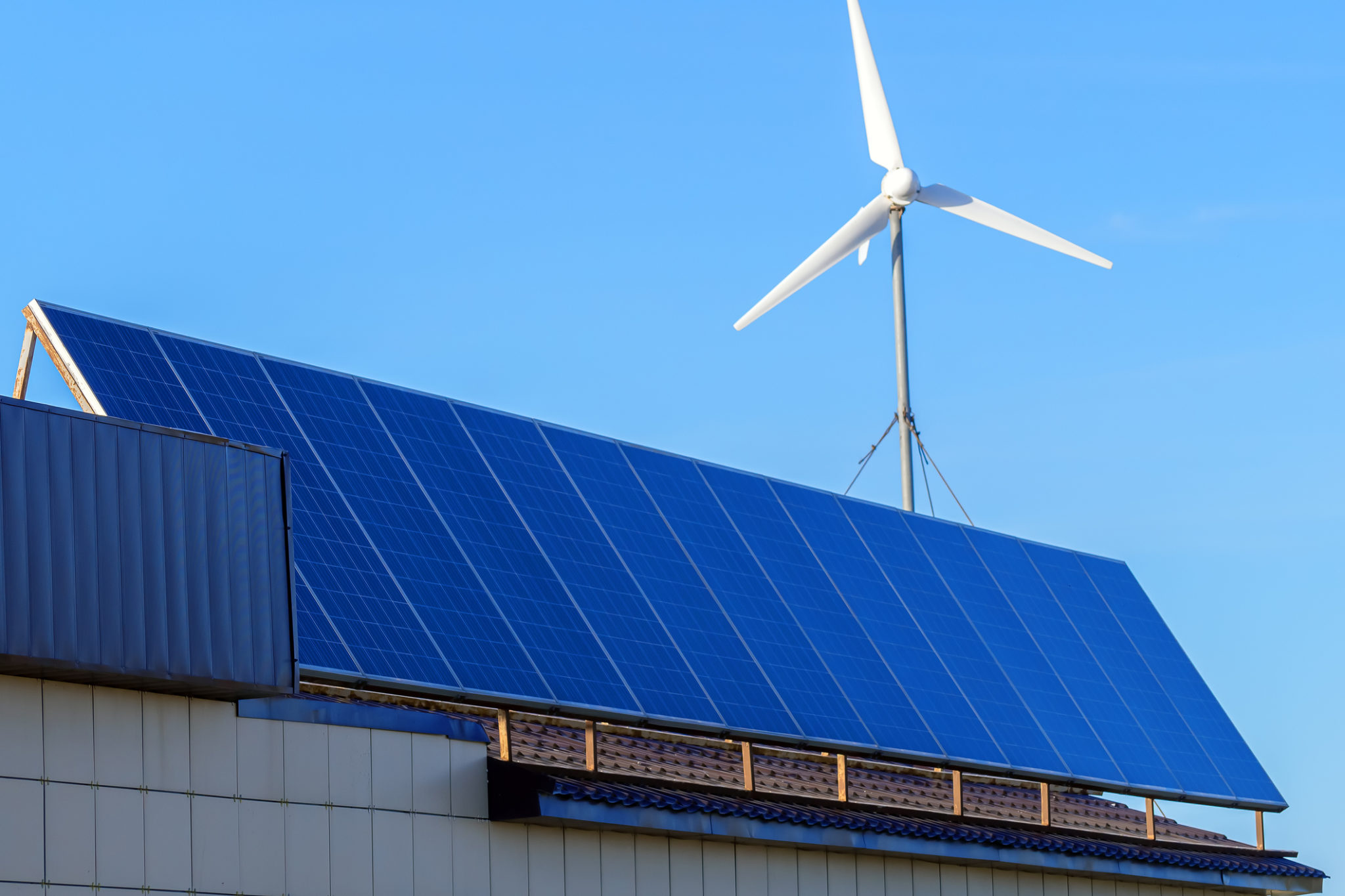Homeowners no longer have to rush out to get a solar panel system installed by the end of 2023 to get an ample tax credit. Congress recently passed a bill that will extend the energy efficiency tax credits that were set to expire at the end of 2023.
What You Need to Know About the Energy Efficiency Tax Credit Extension
The tax credit extension was a part of the Inflation Reduction Act of 2022 that was passed by Congress on August 16, 2022. The federal government has long recognized the short-term and long-term benefits of powering homes with renewable energy, which is why these types of tax credits have existed for some time.
Planning on making energy efficiency improvements in the coming year? Here’s what you need to know to take full advantage of the residential energy efficiency tax credits.
What is the Time Period for the Tax Credit?
This tax credit extension is substantial. Homeowners will be able to claim the tax credits all the way through 2032. Many experts are saying that the extension needed to be long for good reason. During an interview with NPR White House Climate Official Ali Zaidi explained that when credits are given for just a year or two it can have an unintended negative impact. Many consumers rush out to take advantage of the credit while they can, which spikes demand. That ends up leading to higher prices for the equipment and installation that make the tax credit less beneficial.
An increase in price would also be a change of course from recent years that have seen the cost of solar installations going down. The hope is that this tax credit extension will encourage more people to install a system over time, which should help to lower costs.
With a guarantee of 10 years to get 30% off the cost of a solar panel installation consumers don’t feel pressure to act immediately. There should be a better balance of supply and demand so that prices at least remain steady.
How Much is the Tax Credit?
Congress didn’t just extend the residential energy efficiency tax credits – they increased them. The previous energy efficiency tax credits were 26% from 2020-2022 and were set to drop to 22% in 2023. Instead of sticking to a 22% tax credit, Congress decided to bump it back up to 30%, which was the tax credit amount in 2019.
What Energy Efficiency Updates Are Eligible for the Tax Credit?
The residential energy efficiency tax credits include a number of items. The biggest ticket item is a solar panel system. Because of the upfront cost, a 30% tax credit makes a huge difference in increasing the adoption of solar energy and making it a viable option for more families.
Other energy efficiency improvements that qualify for the tax credit include:
- Fuel cells
- Small wind turbines
- Geothermal heat pumps
- Biomass fuel stoves
- ENERGY STAR certified products
- ENERGY STAR air conditioners
- Solar water heaters
- Insulation
- Exterior windows and doors
When Do the Extended Tax Credits Go Into Effect?
On January 1, 2023 the tax credit changes will go into effect.
Don’t Miss Out on Additional Energy Efficiency Tax Credits – Find out if your state offers solar power incentives.
What to Do If Solar Panels Aren’t Possible
The federal government is offering the 30% tax credit as a way to help more people afford the upfront cost of going solar. Unfortunately, even that isn’t enough to make solar energy possible for all homes.
- Cost can still be a barrier for some families that can’t get a loan and can’t pay out of pocket.
- Not all homes are ideal for a solar panel system. You can check the solar availability of your home at EnergySage.com.
- Some homes belong to associations or are in areas that limit or inhibit the use of solar panels.
No matter what the reason is, you don’t have to resort to standard gas-powered energy if solar panels aren’t possible. There are now energy suppliers like Verde Energy that offer electricity plans that are 100% powered by renewable resources. Your energy can still be drawn from the sun without having to make a large upfront investment. It’s also a great option for families that are in the process of saving up for a solar panel system but are ready to go green with their energy use now.
Unlike a solar panel system, with Verde Energy green energy plans you don’t have to make a long-term commitment. It’s the easiest and quickest way to go green. Verde Energy serves six states in the northeast and Washington, D.C. Check to see which Verde Energy green energy plans are available in your area!



